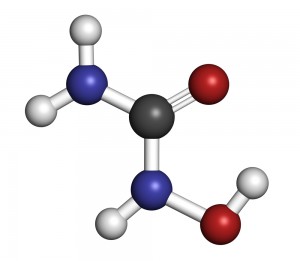Polycythemia is a Common Blood Problem

Polycythemia is a disorder of excess red cells in blood. It is the opposite of anemia, which is a red cell deficit. A simple blood test called a hemogram will determine if red cells are in excess or deficient. Symptoms of excess red cells, or polycythemia, include tingling of the hands and feet, headaches, and confusion, which come from increased blood thickness. Patients also develop a red facial complexion- a ruddy or rubric appearance- due to excess hemoglobin. Patients with polycythemia are at increased risk for blood clots and bleeding.
Several conditions can cause polycythemia. People can develop polycythemia as a consequence of chronic lung diseases like emphysema, pulmonary fibrosis, or sleep apnea. In these patients, decreased oxygen from poor lung function triggers overproduction of red blood cells to carry more oxygen to the body tissues. Successful treatment of the lung disease results in improved blood oxygen, leading to decrease red cell numbers and improvement in polycythemia. The lung disease is treated with medications, pulmonary rehabilitation exercise, or, for sleep apnea, machine-assisted breathing at night. If treatment of the underlying lung disease does not correct the excess red cells, patients may require frequent blood drawing, similar to a blood donation, to correct the red blood cell excess.
Another cause of polycythemia is overactive stem cells in bone marrow. Bone marrow is the factory where red blood cells are produced. Excess red cells from overactive bone marrow is called polycythemia rubra vera. Patients can be treated with blood draws, but some patients require strong drugs to suppress overactive marrow and prevent bleeding or blood clots. Patients generally require lifelong drug therapy.
There are many other rare causes of polycythemia, including tumors, anabolic steroids, and prolonged exposure to high altitudes. A careful medical evaluation is needed to determine the cause, and implement effective therapy, if needed, to prevent bleeding or blood clots. Sometimes a thorough evaluation reveals that red cells are not really increased, they just appear increased because of dehydration. Patients with dehydration simply require fluid to dilute out their red cells.

